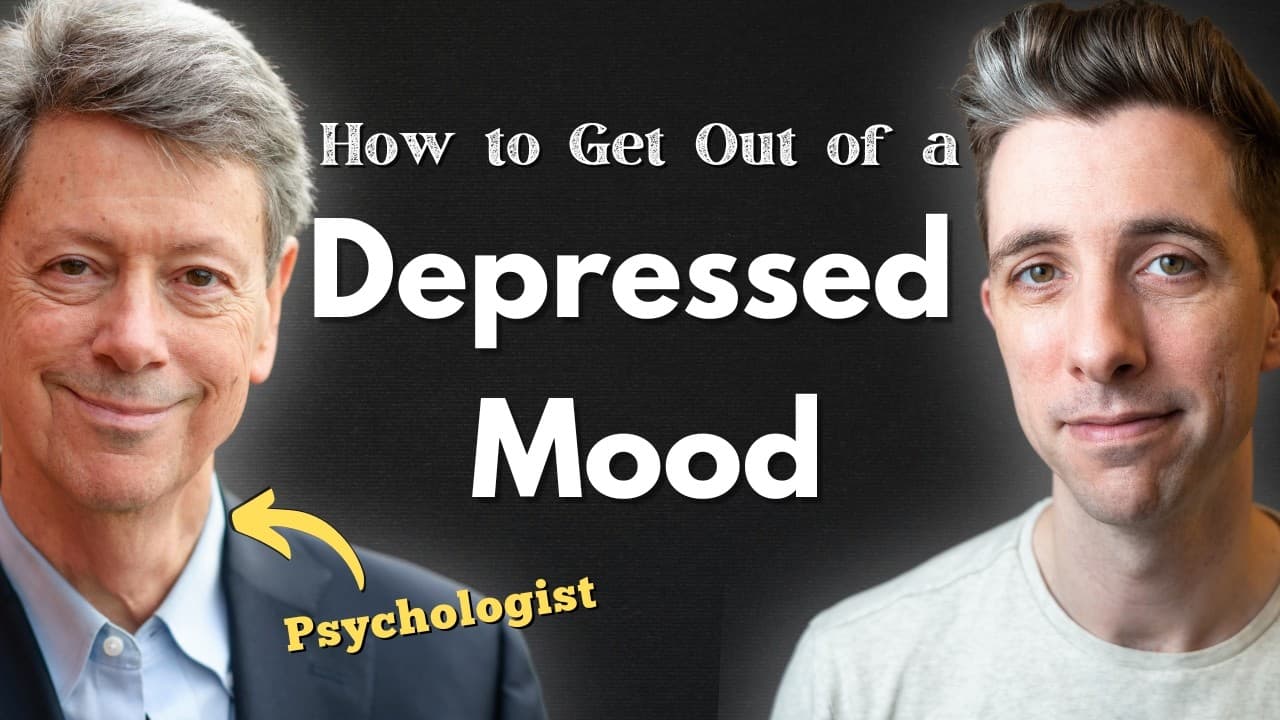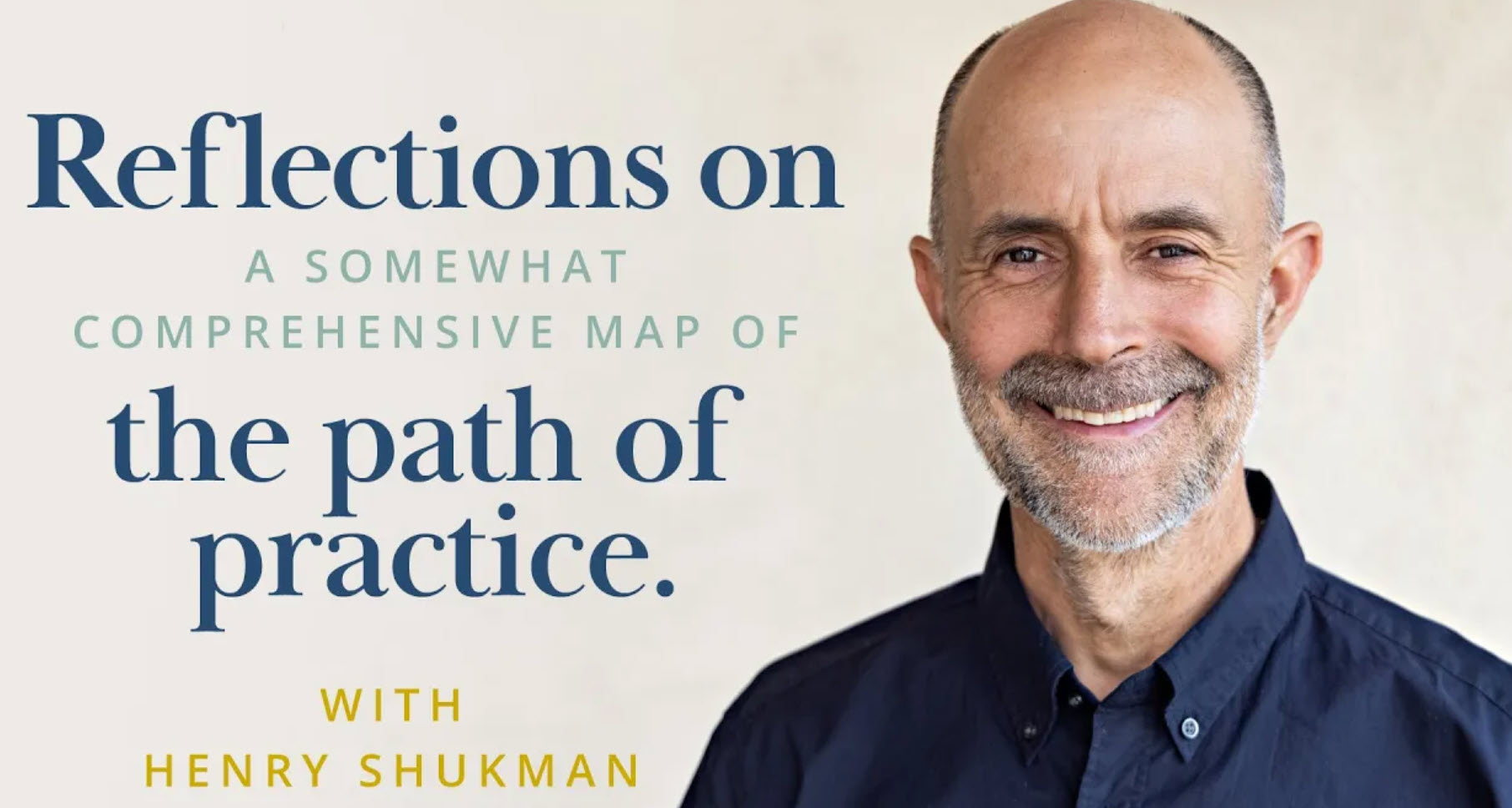What’s to like?
The Practice:
See what’s likable.
Why?
Liking feels good, plus it encourages us to approach and engage the world rather than withdraw from it.
Your brain continually tracks whether something is pleasant, unpleasant, or neutral. In essence, is it a carrot, a stick, or safely ignored? Naturally, we like – we enjoy – what’s pleasant, dislike what’s unpleasant, and with what’s neutral would get pleasant pronto.
Natural opioids – pleasure molecules – are released when you see things you like; on the other hand, disliking things can activate the neural networks of pain. Liking things feels good, so we approach them; disliking things feels bad, so we avoid them.
We are hardwired to like some things, like the sweetness of sugar, and dislike other things, like shivering from cold. But most situations are in the middle and formed of many parts. Consequently, our response to them – liking or disliking – depends a lot on what we pay attention to and on our own perspective.
Consider someone you know well, maybe your partner in life. Like each one of us, this person is a mosaic with many tiles. Even if you love this person, it’s easy to get so used to his or her good qualities that you kind of tune them out.
The same is true for other people, and for many everyday situations. For example, you might feel fine overall about your job or career but have lost touch with lots of the concretely good things about it.
I’m not talking about craving or clinging to what you like. You can thoroughly enjoy and like a pleasant experience while letting it flow through you without getting attached to it.
Nor am I talking about rose-colored glasses. Sure, we need to see real problems and deal with them. But when we overlook things we could authentically like, we miss out on chances to feel good, step into life, and seize opportunities.
Plus flip it around. How do you feel when you are with someone who sees lots to like in you? When you find things to like in others, it’s a beautiful gift to them. And in turn, it leads them to treat you better.
How?
Pick something simple – a meal, a room, a view out a window – and find something you like about it. Perhaps it is a particular taste, or the curve of a favorite armchair, or the way that light is playing on leaves outside. For a few seconds or longer, stay with it and let the sense of enjoyment grow. Be mindful of the experience of liking something.
Then shift your awareness to something you don’t usually pay much attention to. Perhaps it is a spoon, or a corner of the carpet, or a stretch of sidewalk. Try to find one or more things to genuinely like about it. It’s fine, in fact normal, if the liking is mild or subtle. Be mindful of the process of self-generating enjoyment. Notice how much power you actually have over whether you like something, and your power to find more and more things to like.
With one or more people, look for things to like – to enjoy, respect, or appreciate. (Of course, you’re not waiving your rights or dropping your concerns just because you see something good in a person.) You can do this when you’re face-to-face or when you simply bring someone to mind. Try it with a person you’re close to, with a friend, and with someone you don’t know well (e.g., a server in a restaurant). For example, perhaps the person has a quirky sense of humor, or basic decency, or gentleness with children, or a plucky passion for doomed causes. Then, for a challenge, try this with someone who is troublesome for you, such as a meddling relative or a stressful person at work.
Be mindful of the results with these various people. I bet it feels better to see what’s likable about them – even the ones you find irritating. And for the ones who are dear to you, you could find, as I have, that this practice brings freshness, gratitude, and renewed intimacy.
Last and not least, how about recognizing what’s likable – about yourself? What do your friends and loved ones like about you? Can you see yourself in this way? How does this feel?
Know Someone Who Could See More of What’s Likable?
Use the buttons below to share this article via social media or email.



